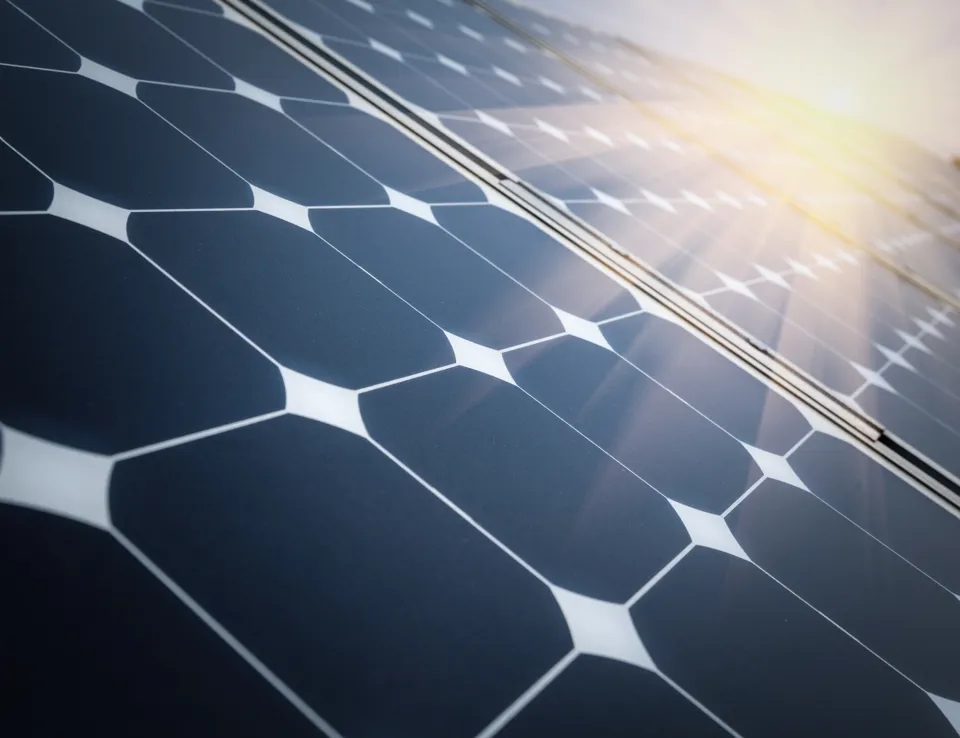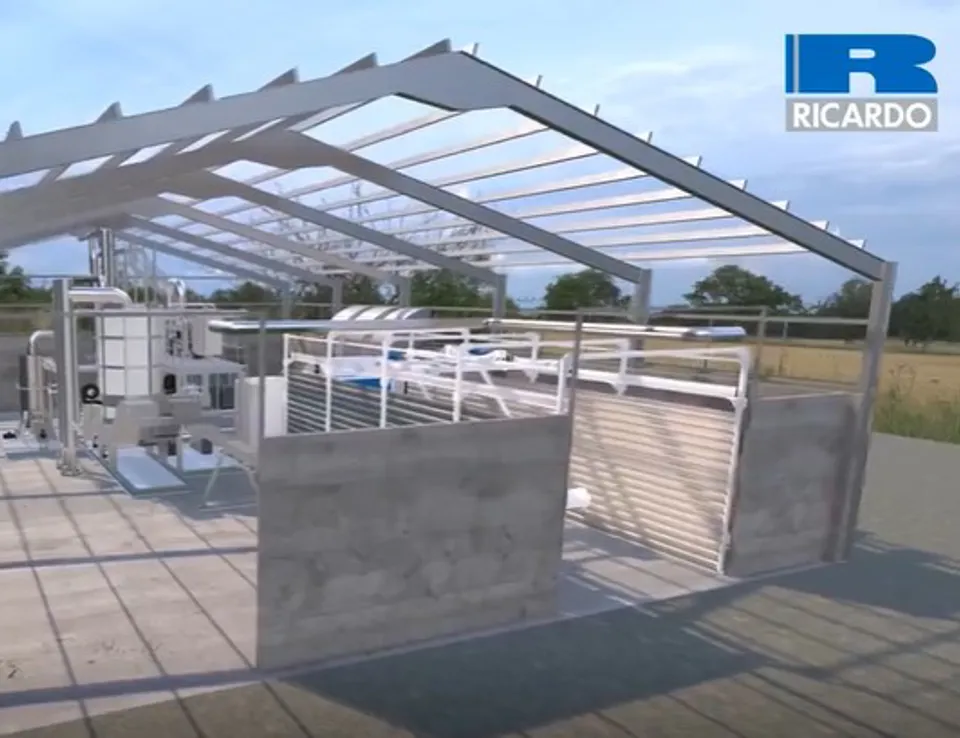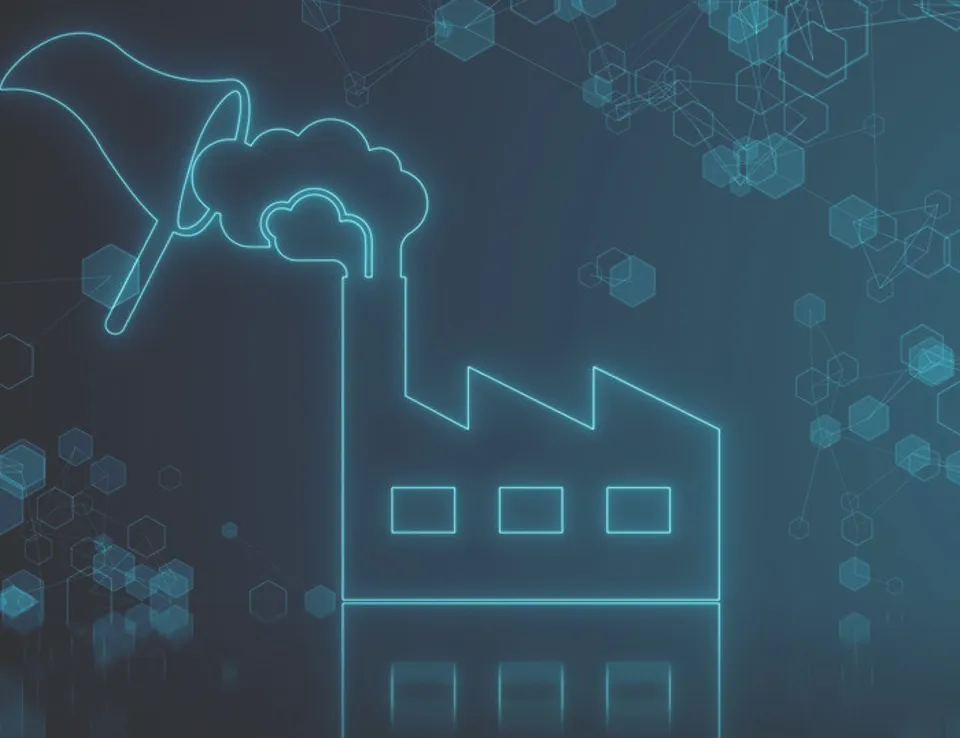Carbon removal technologies & policy | eBook series

Role of solar energy in achieving carbon removals and net zero targets
This is the 1st eBook in our 'Carbon removal technologies & policy series', written by our heat decarbonisation experts.
This short eBook highlights the importance of and need for:
• Negative emissions
• Carbon removals and offsetting
• Including a high level review of the ample renewable energy sources in the Middle East and their role in the feasibility of direct air capture (DAC). Currently the Middle East is leading the way in carbon capture, utilisation and storage (CCUS) with recent announcements to develop CO² storage hubs.

Bioenergy Carbon Capture Utilisation & Storage, and Biochar contribution to Net Zero Targets
This is the 2nd eBook in our 'Carbon removal technologies & policy series', written by our heat decarbonisation experts.
Bioenergy Carbon Capture Utilisation & Storage, and Biochar contribution to Net Zero Targets
• The role of CO² removals in decarbonisation
• Bioenergy carbon capture, utilisation and storage (CCUS) and Biochar as CO² removals
• Innovation in community scale CO² removals.

The Role of carbon capture, utilisation and storage in decarbonising Energy from Waste
This is the 3rd and final eBook in our 'Carbon removal technologies & policy series', written by our heat decarbonisation experts.
The Role of carbon capture, utilisation and storage in decarbonising Energy from Waste
This eBook has a high-level overview covering:
• EfW plants as a carbon removal option
• Opportunities and challenges for CCUS for EfW incineration plants
Keep up to date on all the latest energy industry news, regulations, expert opinions and projects by following our brand new social page here → Ricardo Energy & Utilities
Learn more about CCUS

The role of Carbon Capture, Utilisation, and Storage (CCUS) in achieving negative emissions
Negative emission technologies are vital for achieving domestic and global Net Zero targets.

Carbon capture and storage: A vital tool in reaching net zero
CCUS is necessary worldwide if temperature rise is to be kept below 1.5°C. We explore why in this blog.

Three things you need to know about permitting CCUS
The key points you need to consider when applying for a permit for a carbon capture plant.

Case study: European CO2 availability from point-sources and direct air capture
Direct Air Capture (DAC) is a fledgling technology with only around 1 MtCO2 per year of capturing capacity. As such, there is little specific support for the technology within policy. Determining availability of DAC CO2 in the long-term is a difficult but necessary task.






